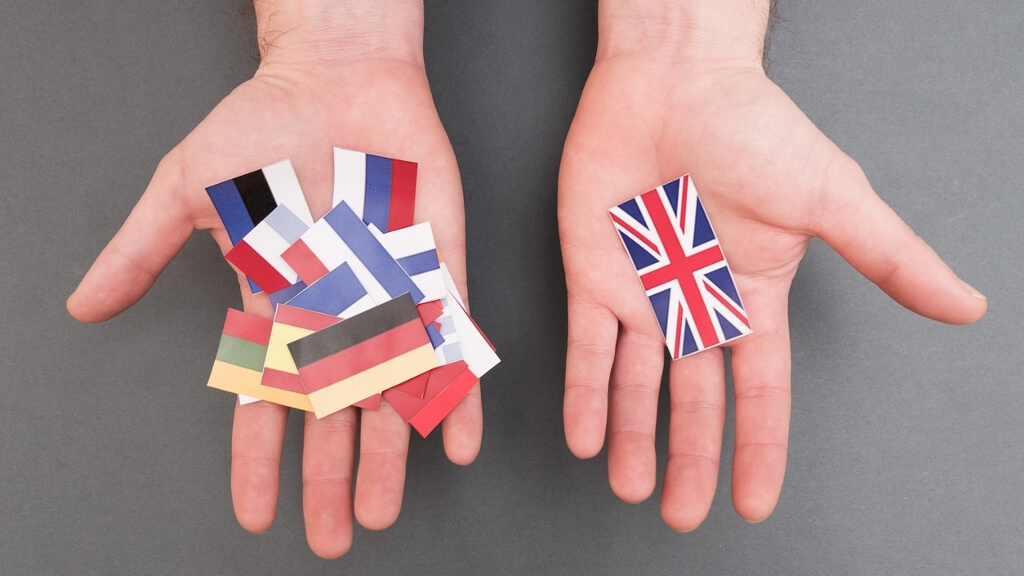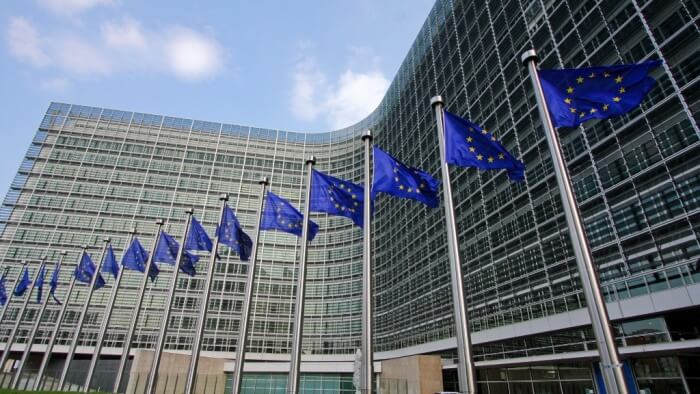What Does Britain Leaving The Single Market Mean For British Brands?
The truth is no one knows, but here are a few considerations to chew over.

Despite the Government’s four principles and 12-point plan for once Article 50 is triggered, there’s much uncertainty in the air regarding the type of economic situation that will be a reality by the end of the decade.
As Theresa May says, despite how we voted, ‘we’re all Leavers now’. The reality of the current trajectory as well as the – for now – absence of complete economic meltdown, may be why there’s currently a commonplace ambivalence and apathy from UK consumers towards the effects of Brexit.
I imagine this means there’s little need for wider-scale proactive change to positioning and communications for brands at home in the short term. However, many will begin to be driven by macro-economic shifts or changes – growing pressures will be unyielding on their commercials because of market uncertainties around the negotiations and beyond.
How brands handle these (like the proposed price rise of Marmite in supermarkets) is a trend only set to continue and become an everyday reality. These are the on-the-ground shifts that will grow to define how brands will be perceived by their ever price-conscious consumers.
So, in the UK, better brand crisis management, and being ahead of the damage-control curve, may become the order of the day. Using commonly associated attributes of Britishness like humour and wit to soften the blow would be useful.
Yet leaving the single market won’t just be a strain on communications and wallets. Harsh restrictions on movement could drastically impact both manufacturing and service industries who want access to the world’s (that includes Europe’s) best and brightest.
How the government plans to plug this brain gap with British talent in the short-term remains unclear. "Creative industries will be absolutely central to our post-Brexit future," says Matt Hancock the Digital and Culture Minister.
Well, his guess is as good as anyone’s at this point. Brexit feels similar to putting one’s finger in the air during a hurricane. With a red line being drawn on immigration, it certainly threatens to further tighten the noose around the jugular of industries from fashion to creative, science to engineering.
For creatives, London specifically has grown to become an unrivalled talent pool in this regard, only matched by New York in terms of scale and output. The biggest effect of Brexit in the long-term looks to be the ability to access and attract the very talent that keeps it alive.
This creates a vicious downward spiral because it comes at a time when, ironically, these are the very sectors that will become central to the rebranding of ‘Brexit Britain’ with irony, grace, humility and humour for the watching global audience.
This may be partially mitigated by the large globalised business networks and partnerships that will be able to navigate tighter immigration regulation, but there’s no doubt it will be less organic, less unexpected and unusual. It looks like it may prove to be more of a self-imposed brain blockage than an unwanted brain drain.
The implications for brands operating in European markets are also foggy. Will brands become the collateral damage in a political showdown between Westminster and Brussels?
It’s certain there will be some losers (I doubt the banks will fall into that category) but let’s not be drastic, the sentiment from the EU Parliament and Commission doesn’t and won’t reflect the overall purchasing views and decisions made by the European population, diverse as it is.
They buy British brands because of the strength and quality of their offer, because they often do bring something idiosyncratic and unique to the table. But a rise in price from the imposition of tariffs at a time of wages stalling globally will not be met warmly or with mercy.
Leaving the single market will mean British brands will have to work harder and demonstrate with more ingenuity why they deserve to be bought by the 500 million consumers they leave behind.
They will rely more heavily on the progressive attributes of Britishness that brands can utilize, and will continue to do so to highlight their originality and creativity. This process will require careful development and revaluation of their positioning, use of provenance and strength of their offer within the newly defined relationship.
It will be a slow, painful twister of a ride. Watch this space.
Thanks for signing up to Minutehack alerts.
Brilliant editorials heading your way soon.
Okay, Thanks!




